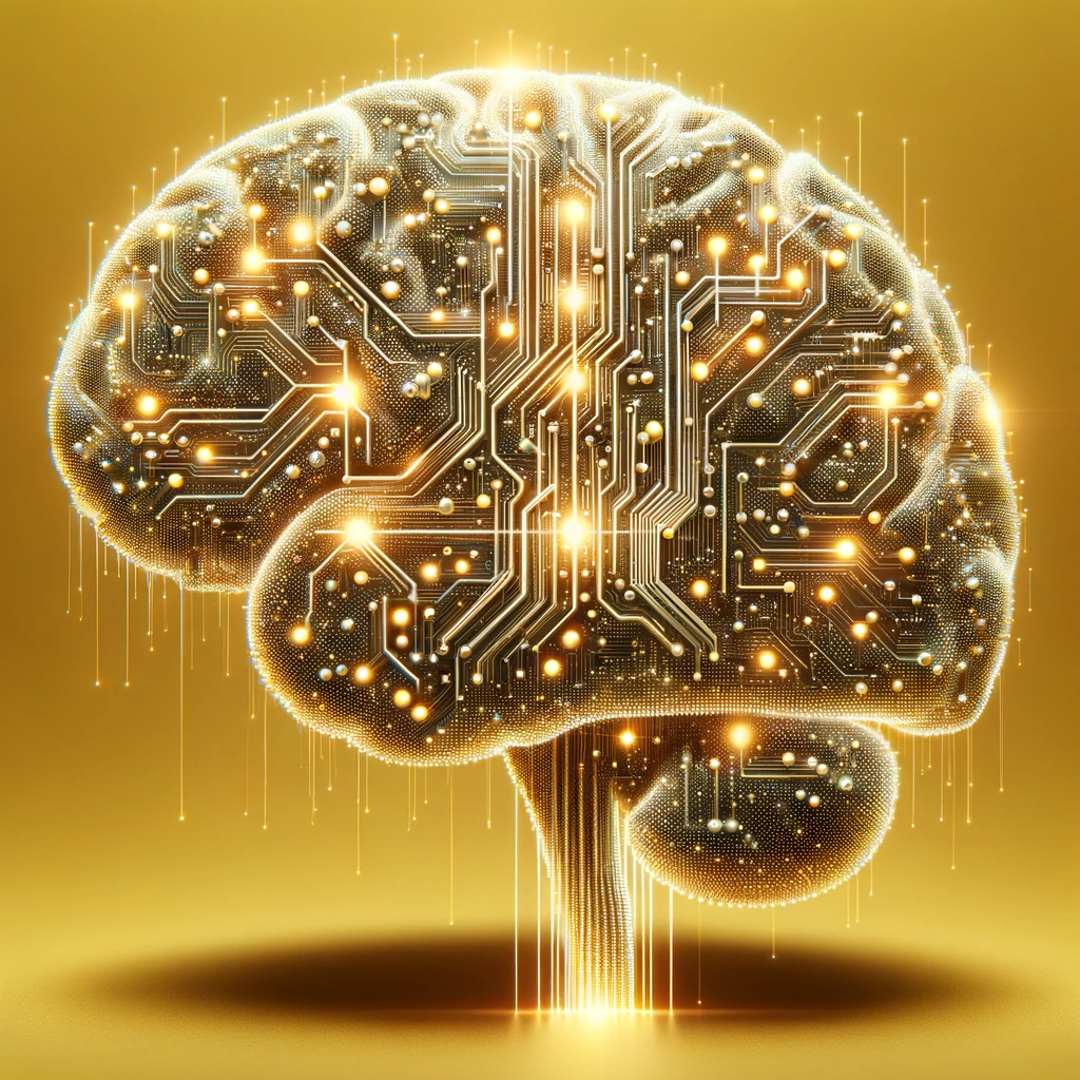A Beginner’s Guide for Aspiring AI Developers
Artificial Intelligence (AI) is a transformative technology that has the potential to revolutionize industries, solve complex problems, and enhance our daily lives. If you’re curious about AI and eager to explore its possibilities, getting started may seem daunting at first. However, with the right approach and resources, diving into the world of AI can be an exciting and rewarding journey. Here’s a beginner’s guide to getting started with AI:
- Understand the Basics: Begin by familiarizing yourself with the fundamentals of AI. Learn about key concepts such as machine learning, neural networks, and deep learning. Understand how AI algorithms learn from data to make predictions and decisions, and explore the various applications of AI across different domains.
- Learn Programming: Gain proficiency in programming languages commonly used in AI development, such as Python and R. These languages provide powerful tools and libraries for implementing AI algorithms and building AI applications. Take online courses, read tutorials, and practice coding exercises to develop your programming skills.
- Explore AI Tools and Frameworks: Familiarize yourself with popular AI tools and frameworks that simplify AI development and experimentation. Platforms like TensorFlow, PyTorch, and scikit-learn provide comprehensive libraries and resources for building and deploying AI models. Experiment with these tools to gain hands-on experience with AI development.
- Take Online Courses and Tutorials: Enroll in online courses and tutorials to deepen your understanding of AI concepts and techniques. Websites like Coursera, Udacity, and edX offer a wide range of AI courses taught by leading experts in the field. Choose courses that align with your interests and skill level, and work through the material at your own pace.
- Participate in AI Communities and Forums: Join AI communities and forums to connect with like-minded individuals, ask questions, and share knowledge and resources. Platforms like Reddit, Stack Overflow, and GitHub host active communities of AI enthusiasts and practitioners. Engage in discussions, collaborate on projects, and learn from the experiences of others in the AI community.
- Experiment with AI Projects: Apply your knowledge and skills to real-world AI projects to gain practical experience and build your portfolio. Start with simple projects like image classification or sentiment analysis, and gradually work your way up to more complex tasks. Leverage online resources and tutorials to guide you through the project development process.
- Stay Updated: Stay abreast of the latest developments and trends in the field of AI by following news outlets, research papers, and industry blogs. Subscribe to AI newsletters and podcasts to receive updates on cutting-edge research, breakthroughs, and applications of AI technology. Continuous learning and staying updated are essential for keeping pace with the rapidly evolving landscape of AI.
- Seek Mentorship and Guidance: Seek mentorship and guidance from experienced AI professionals who can provide valuable insights, advice, and support as you embark on your AI journey. Reach out to professors, industry professionals, or AI practitioners in your network, and ask for mentorship or guidance. Learning from the experiences of others can help accelerate your learning and career growth in AI.
- Build a Strong Foundation in Math and Statistics: Develop a solid understanding of foundational concepts in math and statistics, as they form the basis of many AI algorithms and techniques. Topics such as linear algebra, calculus, probability, and statistics are essential for understanding the mathematical principles underlying AI algorithms. Take courses or self-study these subjects to strengthen your mathematical background.
- Practice Continuous Learning: AI is a rapidly evolving field, and there’s always something new to learn. Embrace a mindset of continuous learning and improvement, and dedicate time to expanding your knowledge and skills in AI. Stay curious, explore new ideas and technologies, and never stop challenging yourself to grow and evolve as an AI practitioner.
In conclusion, getting started with AI may seem daunting at first, but with dedication, curiosity, and the right resources, anyone can embark on a rewarding journey into the world of artificial intelligence. By understanding the basics, learning programming, exploring AI tools and frameworks, taking online courses, participating in AI communities, experimenting with projects, staying updated, seeking mentorship, building a strong foundation in math and statistics, and practicing continuous learning, you can lay the groundwork for a successful career in AI and contribute to the exciting advancements shaping the future of technology.
Want to learn more? Schedule a free consultation!











